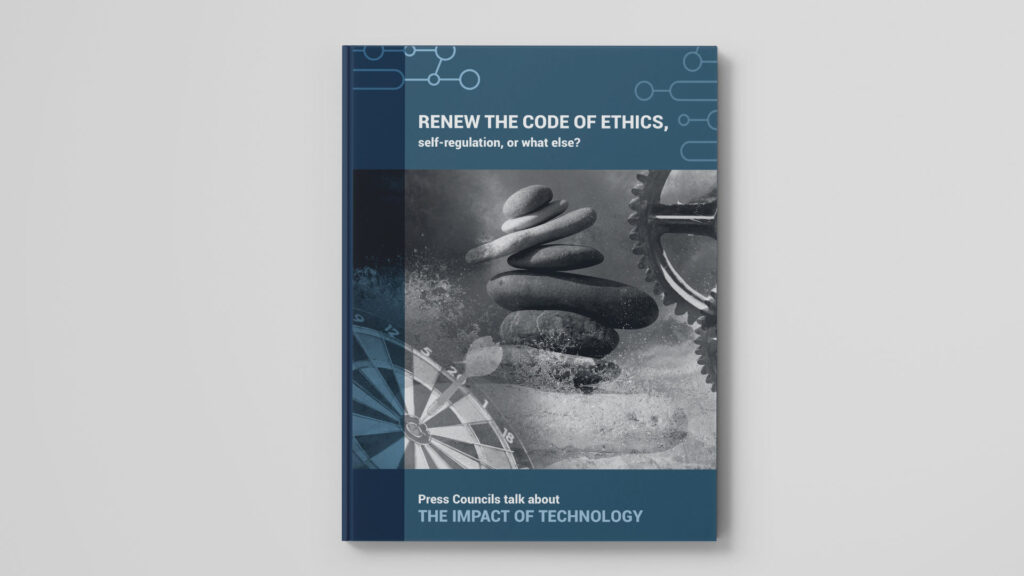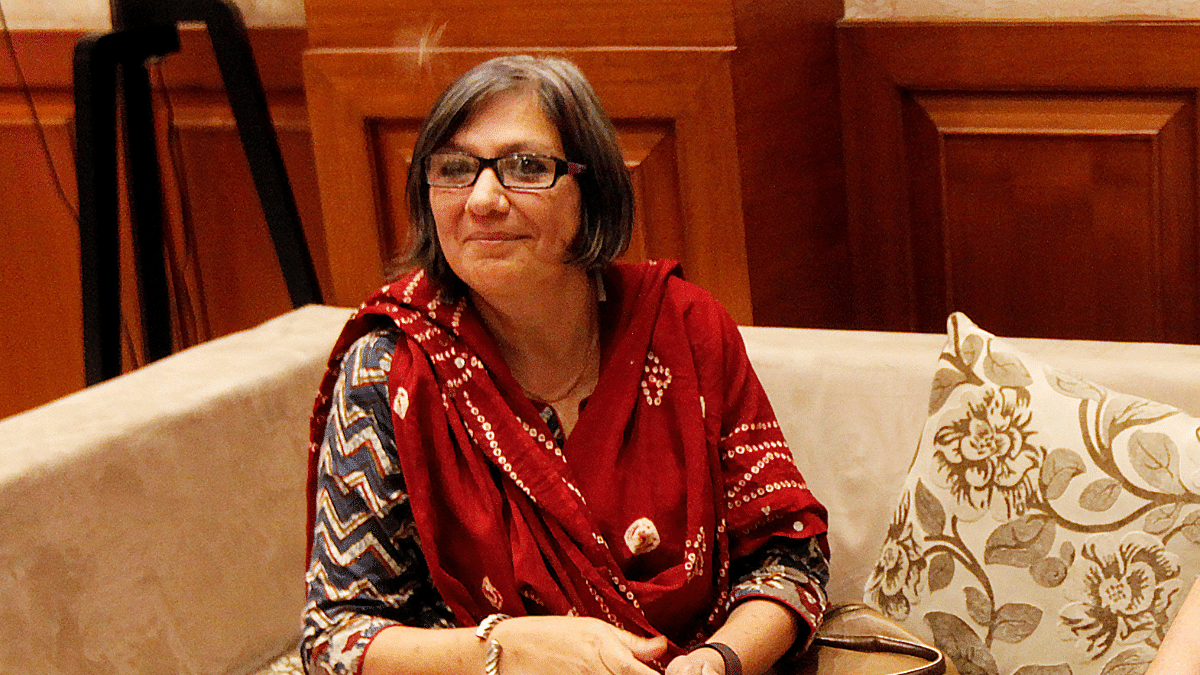London Festival Regulation: Potential Consequences For The Live Music Scene

Table of Contents
The Burgeoning Regulatory Landscape for London Festivals
The process of staging a music festival in London is fraught with complexities, demanding meticulous planning and substantial resources. Navigating the regulatory hurdles can be particularly daunting for smaller, independent festivals.
Licensing and Permits
Obtaining the necessary licenses and permits for a London festival is a multi-faceted process, involving various local councils and numerous regulatory bodies. The requirements vary considerably, but generally include:
- Detailed licensing requirements: These cover aspects such as public safety, security, first aid provision, waste management, and of course, noise control.
- Application processes: Often lengthy and demanding, involving multiple forms, inspections, and consultations. Timelines can stretch for months, even a year or more in some cases.
- Associated costs: Significant fees for licenses, permits, and inspections can place an undue burden on organizers, especially smaller, independent festivals.
- Council-Specific Regulations: Each borough in London has its own specific regulations, adding another layer of complexity for organizers aiming to stage events across multiple locations or boroughs. For example, Camden Council might have stricter noise restrictions than Southwark, impacting scheduling and event design significantly.
Smaller independent festivals, often lacking the resources of larger commercial operations, struggle disproportionately to navigate this complex system, often facing significant financial and administrative obstacles.
Noise Complaints and Mitigation Strategies
Noise complaints from residents remain a major concern for London festivals, often leading to event restrictions, cancellations, or even legal action. The proximity of residential areas to festival sites is a key contributing factor. However, effective noise mitigation strategies can significantly reduce the likelihood of complaints. These include:
- Sound barriers: Employing strategically placed sound barriers to contain noise levels within designated areas.
- Restricted hours: Limiting the hours of operation, particularly during nighttime, to minimize disruption to residents' sleep.
- Community engagement: Proactive communication and engagement with local residents before, during, and after the festival can help build positive relationships and address concerns proactively. Transparency in event planning and a commitment to mitigating noise can go a long way towards minimizing conflicts.
Data on noise complaints from past events can help inform future planning and risk assessment, allowing organizers to implement more targeted mitigation strategies. Analyzing these complaints, pinpointing problem areas, and collaborating with local authorities and residents to address those issues proactively can prevent future problems.
Environmental Regulations and Sustainability
Increasingly, environmental concerns are shaping the regulatory landscape for London festivals. The emphasis on sustainability is growing, with regulators focusing on waste management, carbon footprint reduction, and responsible resource use.
- Waste disposal: Strict regulations govern waste collection, recycling, and composting, demanding efficient and environmentally friendly waste management plans.
- Water usage: Festivals are expected to minimize water consumption through water-saving practices and responsible water management.
- Carbon footprint reduction: Organizers are under pressure to reduce the overall carbon emissions of their events, through initiatives such as using renewable energy sources, promoting public transport, and offsetting unavoidable emissions.
Many festivals are already embracing eco-friendly initiatives, showcasing successful examples of sustainable practices. These include compostable materials, water refill stations, and partnerships with environmental charities. The pressure on festival organizers to prioritize sustainability is constantly increasing.
Economic and Social Consequences of Stricter Regulations
The tightening regulatory environment for London festivals has far-reaching economic and social consequences. The impact extends beyond the festival organizers themselves.
Impact on Independent Festivals
Stricter regulations disproportionately impact smaller, independent festivals, which often lack the resources to navigate the complex licensing process and implement extensive noise mitigation or sustainability measures. This can lead to:
- Financial challenges: The high cost of compliance can make it difficult for smaller festivals to remain viable.
- Reduced accessibility to resources: Smaller festivals often struggle to access funding and support, making it harder to meet regulatory requirements.
- Consolidation and loss of diversity: This may lead to a consolidation of the market, with larger festivals dominating and smaller, niche events disappearing from the landscape. The loss of this diversity can be detrimental to the unique character of London's music scene. Case studies illustrating the struggles faced by independent festivals in navigating this regulatory climate are urgently needed.
Tourism and Revenue Generation
Music festivals are significant contributors to London's economy, attracting tourists, generating revenue for local businesses, and creating employment opportunities. Restricting festival activity could have a substantial negative impact:
- Job creation: Festivals create numerous temporary and permanent jobs, from event staff to hospitality and tourism-related roles.
- Spending by attendees: Festival-goers spend money on accommodation, food, drink, and transport, injecting funds into the local economy.
- Positive impact on local businesses: Local businesses, from restaurants and pubs to hotels and shops, benefit from the influx of visitors during festival periods.
Analysis of economic losses from festival cancellations or limitations due to regulations is crucial for a holistic understanding of the consequences.
Community Engagement and Social Impact
Music festivals play a vital role in fostering community spirit and creating positive social impacts:
- Charity partnerships: Many festivals partner with local charities, raising funds and awareness for important causes.
- Community engagement projects: Festivals often engage with local communities through initiatives such as workshops, volunteering opportunities, and local artist showcases.
Restrictive regulations that limit festival activity can negatively impact community cohesion and the broader social fabric. The positive community interactions fostered by festivals often outweigh the negative impacts of any disruptive elements.
Potential Solutions and Future Perspectives
Addressing the challenges posed by London festival regulation requires a collaborative effort involving all stakeholders.
Improved Communication and Collaboration
Open communication and collaboration between event organizers, local councils, and residents are crucial for resolving conflicts and improving the regulatory process. This includes:
- Better communication channels: Establishing clear and accessible communication channels to facilitate dialogue and information sharing.
- Early engagement strategies: Involving residents and local communities in the planning stages of festivals to address concerns proactively.
- Collaborative problem-solving: Working together to find solutions that meet the needs of both event organizers and residents.
A collaborative approach fosters trust and understanding, leading to more effective and equitable outcomes.
Streamlined Licensing Procedures
Simplifying licensing procedures can reduce the administrative burden on event organizers and make it easier for smaller festivals to operate. This could involve:
- Reducing bureaucratic hurdles: Streamlining the application process, reducing paperwork, and improving the clarity of regulations.
- Making it more accessible for independent organizers: Providing guidance and support to help smaller festivals navigate the licensing process.
- Creating a centralized licensing portal: A single online platform for accessing information and submitting applications would simplify the process considerably.
A streamlined process reduces costs and frees up organizers to focus on their events rather than battling red tape.
Targeted Support for Independent Festivals
Targeted support from local councils and government agencies can help smaller festivals overcome the challenges of complying with regulations and maintain their sustainability. This might include:
- Grants: Providing financial assistance to help festivals cover the costs of licensing, noise mitigation, and sustainability initiatives.
- Mentoring programs: Offering guidance and support from experienced professionals to help smaller festivals navigate regulatory hurdles.
- Reduced licensing fees: Lowering licensing fees for smaller festivals could ease the financial strain and encourage participation.
Targeted support enables independent festivals to thrive and contribute to the rich tapestry of London's music scene.
Conclusion
London festival regulation presents a complex balancing act, weighing the vibrancy of the live music scene against the needs of residents. While reasonable regulation is essential for public safety and environmental protection, overly restrictive measures could significantly harm the city’s unique cultural landscape and its economic prosperity. By fostering better communication, streamlining processes, and offering targeted support, London can ensure a thriving and sustainable future for its much-loved music festivals. Let's work together to navigate the complexities of London festival regulation and protect the future of the London live music scene. Join the discussion and help shape a better future for music festivals in London.

Featured Posts
-
 La Historia Detras De Mensik Y La Suerte Del Campeon De Miami
May 19, 2025
La Historia Detras De Mensik Y La Suerte Del Campeon De Miami
May 19, 2025 -
 The Real Deal Professional Fighters React To Moralezs Ufc Vegas 106 Performance
May 19, 2025
The Real Deal Professional Fighters React To Moralezs Ufc Vegas 106 Performance
May 19, 2025 -
 Postoje Li Sanse Za Popravak Marka Bosnjaka Analiza Kladionica
May 19, 2025
Postoje Li Sanse Za Popravak Marka Bosnjaka Analiza Kladionica
May 19, 2025 -
 Marcus And Martinus Announce Dublin Concert At The Academy
May 19, 2025
Marcus And Martinus Announce Dublin Concert At The Academy
May 19, 2025 -
 The Jyoti Malhotra Case A You Tubers Alleged Ties To Pakistan
May 19, 2025
The Jyoti Malhotra Case A You Tubers Alleged Ties To Pakistan
May 19, 2025
